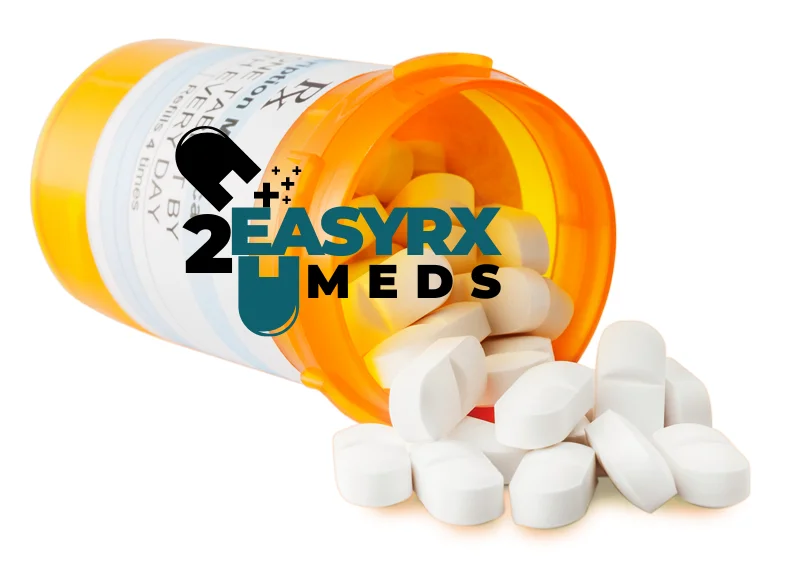There is no item in your cart
Desvenlafaxine succinate is a prescription medication primarily used to treat major depressive disorder (MDD) in adults. It belongs to a class of drugs known as serotonin-norepinephrine reuptake inhibitors (SNRIs).
Key Points about Desvenlafaxine:
- Mechanism of Action: Desvenlafaxine succinate inhibits the reuptake of serotonin and norepinephrine, thereby increasing their availability in the synaptic cleft, which can enhance mood and alleviate depressive symptoms.
- Indications: It is mainly prescribed for the treatment of major depressive disorder and may also be used off-label for anxiety disorders, panic disorder, and certain types of pain.
- Dosage: The usual starting dose for adults is 50 mg once daily, which can be adjusted based on clinical response and tolerability.
- Side Effects: Common side effects may include nausea, dry mouth, dizziness, insomnia, constipation, and increased sweating. More serious side effects can include high blood pressure, serotonin syndrome, and withdrawal symptoms if discontinued abruptly.
You
Benefits :
- Effective for Depression: Desvenlafaxine succinate has been shown to significantly reduce symptoms of major depressive disorder, helping to improve mood, energy levels, and overall functioning.
- Once-Daily Dosing: The medication is typically taken once daily, making it convenient and easier for patients to adhere to their treatment regimen.
- Improvement in Anxiety Symptoms: Some studies suggest that desvenlafaxine may help alleviate anxiety symptoms in patients with comorbid anxiety disorders.
Side Effects:
- Nausea: Often reported, particularly when starting the medication.
- Dry Mouth: A frequent complaint that can affect comfort and hydration.
- Dizziness: Some patients may feel lightheaded or dizzy.
- Insomnia: Difficulty sleeping or disrupted sleep patterns can occur.
- Constipation: Changes in bowel habits, including constipation, are common.
- Increased Sweating: Some individuals may experience excessive sweating.
- Fatigue: Feelings of tiredness or lethargy can happen, especially in the initial stages of treatment.
- Loss of Appetite: Some patients may experience a decrease in appetite, leading to weight loss.
Serious Side Effects:
- High Blood Pressure: Desvenlafaxine can elevate blood pressure, necessitating regular monitoring, particularly in patients with pre-existing hypertension.
- Serotonin Syndrome: A potentially life-threatening condition resulting from excess serotonin. Symptoms include confusion, rapid heart rate, high blood pressure, dilated pupils, and muscle rigidity.
- Withdrawal Symptoms: Sudden discontinuation or dose reduction may lead to withdrawal symptoms like dizziness, nausea, headache, and irritability.
- Seizures: Rare but serious, particularly in individuals with a history of seizures.
- Risk of Bleeding: Increased risk of bleeding, especially if taken with other medications that affect blood clotting.
- Mania or Hypomania: In individuals with bipolar disorder, desvenlafaxine may trigger manic or hypomanic episodes.
- Allergic Reactions: Though rare, some individuals may experience allergic reactions, including rash, itching, or swelling.
Considerations:
- Monitoring: Regular follow-ups with a healthcare provider are essential to monitor for side effects, especially during the initial stages of treatment or when adjusting the dose.
- Management of Side Effects: If side effects occur, patients should consult their healthcare provider for potential adjustments in dosage or alternative treatment options.
Conclusion:
While desvenlafaxine can be effective in treating depression and other conditions, awareness of potential side effects is crucial. Open communication with a healthcare provider can help manage any adverse effects and ensure the safe use of the medication.



Reviews
There are no reviews yet.